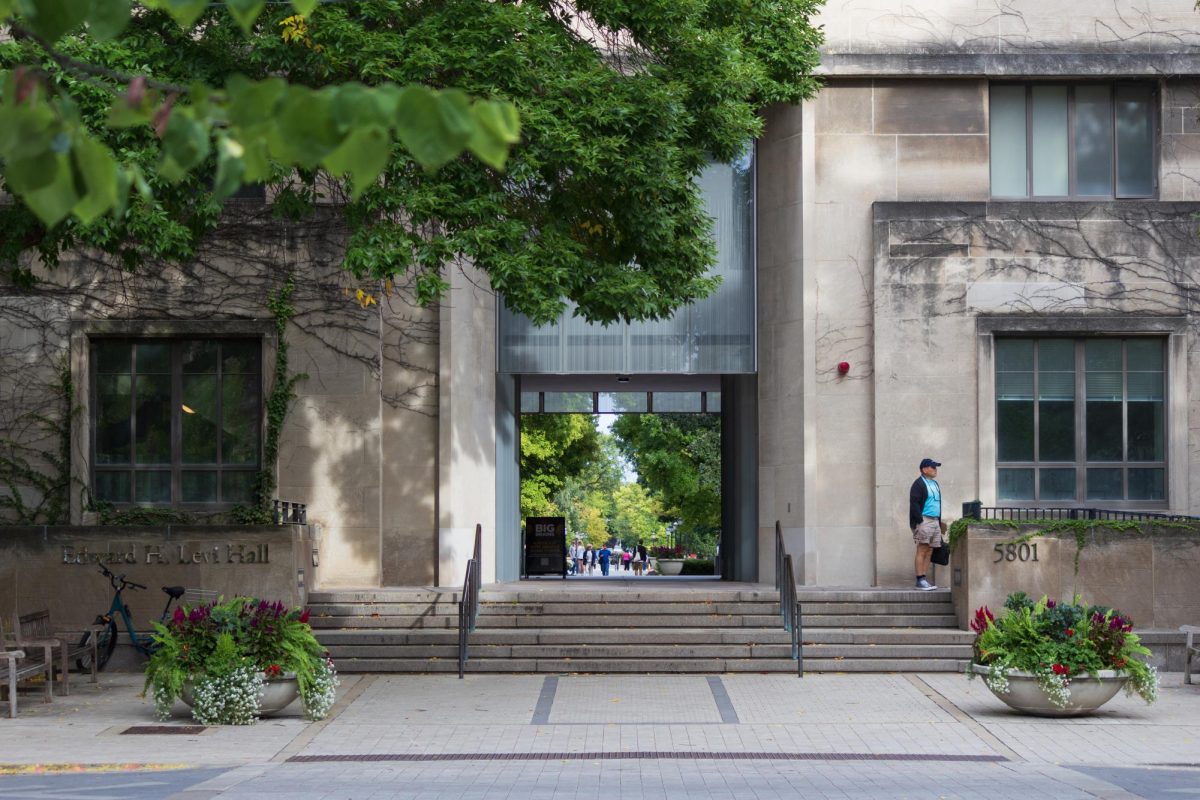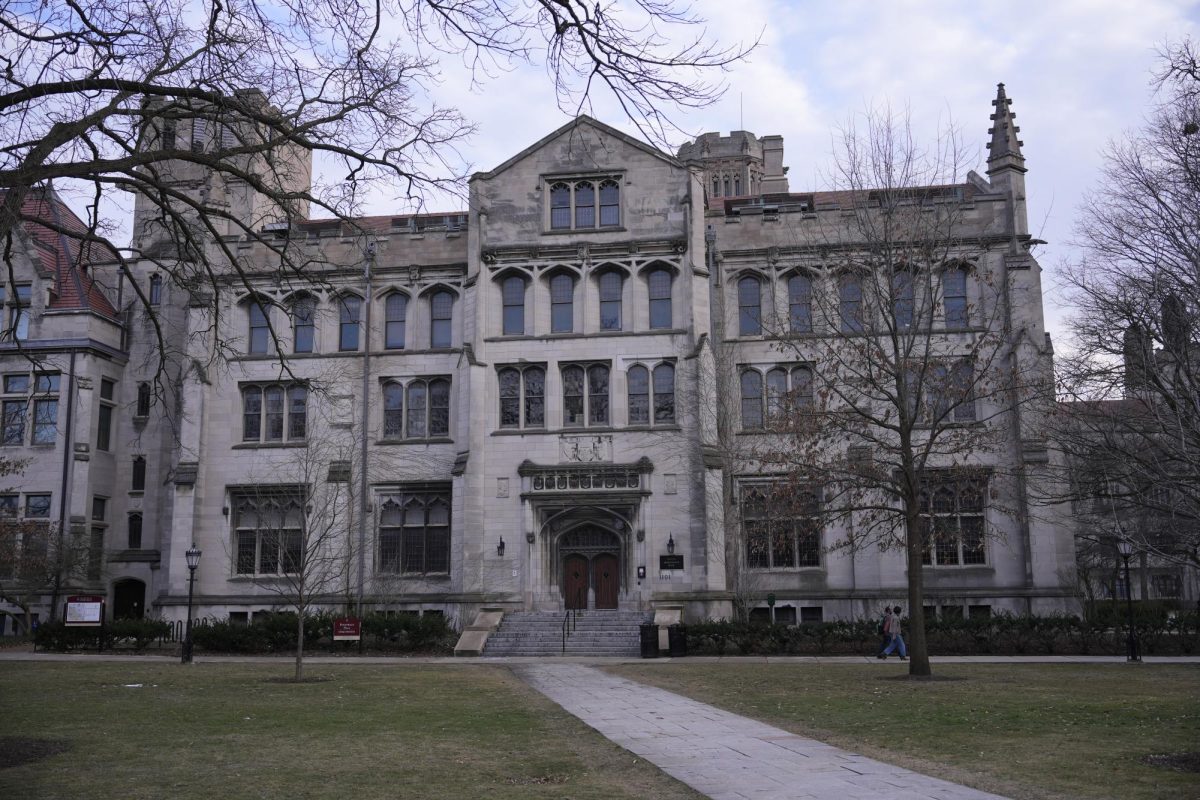Since arriving at UChicago, I’ve often wondered how the University brainstorms for its yearly strategic initiatives—if I had to guess, I imagine President Zimmer and several men sit around a large conference table in Levi Hall, musing over which University accomplishment to commemorate next. This year, Zimmer and his colleagues found it appropriate to pat themselves on the back for the 75th anniversary of the first self-sustaining nuclear chain reaction, a scientific discovery that precipitated the invention of the most destructive weapon of all time.
When the University first announced the “Nuclear Reactions” initiative in an e-mail to students on September 19, the timing could hardly have been more jarring; the country was watching in horror as our president threatened to engage in nuclear warfare with North Korea. Yet despite the circumstances, I assumed the best, and gave the University credit for confronting a moment in its past with the rigorous inquiry on which it prides itself. However, as the months went on, I changed my mind.
The University has been deliberate in not using the term “celebration,” (according to professor Robert Rosner at this year’s Aims of Education speech) despite a student-wide e-mail from Dean Ellison on September 20 announcing that "the University of Chicago celebrates one of the most historically significant moments in our past." There is no reason why the 75th anniversary of such a discovery should be celebrated—the technology, developed at the University of Chicago, would ultimately lead to the destruction of two cities and the death of over 200,000 people. With President Trump and Kim Jong Un flippantly threatening to murder millions of civilians, the threat of nuclear holocaust looms large. This is nothing to celebrate.
Granted, the University is officially celebrating a nuclear chain reaction, which, while instrumental towards the eventual development of nuclear weaponry, is not necessarily destructive. There are many uses of nuclear technology that actually benefit the world, and any conversation about the legacy of nuclear technology should take these into consideration. Throughout the quarter, the University has also featured speakers who have condemned the use of nuclear technology, with scholar Richard Rhodes even referring to the day of the discovery as “a black day in the history of mankind.” A few contrarian voices aside, the University’s overall strategy with this commemoration has been remarkably tone-deaf. The extent of the University’s pride throughout this quarter-long nuclear bonanza has been perverse more than anything.
If the prominent eight-foot-tall monument on campus isn’t enough, the University has hosted several events and coordinated with publications like the Washington Post to make sure that everyone in the country knows that the first reaction was here and not somewhere like Harvard or Yale. Throughout autumn, the University has hosted “lectures, seminars, workshops, multimedia presentations, music and dance performances, an exhibition at the Museum of Science and Industry, and events involving Argonne National Laboratory.” On December 1 and 2, the University celebrated “Reactions: New Perspectives on Our Nuclear Legacy” through a series of events, most of which were curiously devoid of Japanese voices. On December 2, there was even a pyrotechnic show above the Reg, which culminated in an unbelievably ill-advised rainbow mushroom cloud. Certainly feels like a celebration to me.
The story of the first nuclear reaction should not be told with a fireworks show, dance performances, or a hashtag. The University of Chicago is capable of studying the consequences of its past without a quarter-long celebration. Instead, the University should be remembering the hundreds of thousands of lives lost as a result of the discovery. An apology for the University’s unethical human testing during the Nuclear Age, where University researchers secretly had 20 patients ingest plutonium, is similarly long overdue.
Whether or not the events over the last couple of months discuss the “shortcomings” of nuclear technology, the saturation of University marketing materials with nuclear content reflects a stunning disregard for a world which has both lost so much, and has so much more to lose. Rigorous inquiry? All I see in this callous “commemoration” is a university failing to take any meaningful responsibility for its role in creating the most dangerous technology known to man.
Jamie Ehrlich is a fourth-year in the College majoring in political science. She is Social Media Editor and a former news editor.







